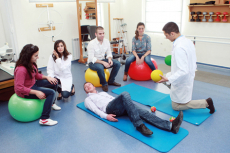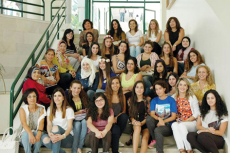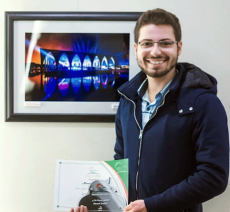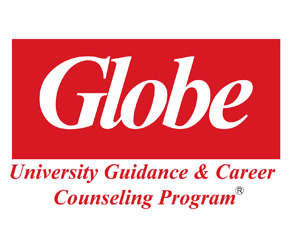CDC scientist honored with prestigious Federal Employee of the Year Medal for leading global campaign to protect children from bacterial meningitis and pneumonia
On September 22, 2014, Rana Hajjeh (BS ’84, MD ’88), Director of the Division of Bacterial Diseases at the US Centers for Disease Control’s National Center for Immunization and Respiratory Diseases and former director of the Hib Initiative at the Global Alliance for Vaccines and Immunization (GAVI), was awarded the Federal Employee of the Year Medal for leading a global vaccine campaign estimated to save the lives of 7 million children by 2020. The award was presented at the thirteenth annual Gala of the Samuel J. Heyman Service to America Medals (Sammies) in Washington, D.C. where members of federal government gathered to recognize employees who have shown innovation and commitment in civil service, and whose work had high impact to address the needs of the nation, including activities related to national security and international affairs.
Dr. Hajjeh and the Hib Initiative team provided evidence to some of the world’s poorest countries that their children were dying from preventable diseases, like meningitis and pneumonia, caused by the organism Haemophilus influenzae type b (Hib). The solution—the Hib vaccine—had virtually wiped out the problem years earlier in the United States and other industrialized countries, but was considered an expensive investment in countries where Hib disease was not seen as a priority health concern. Dr. Hajjeh worked nearly 9 years to close the gap and convince 60 countries to add the Hib vaccine into their national routine immunization programs.
“Dr. Hajjeh demonstrated a tireless commitment to protecting children,” said CDC Director Tom Frieden, M.D., M.P.H. “Through a remarkable combination of gentle force, science, and cultural sensitivity, she was able to overcome the significant challenges that go hand-in-hand with global vaccine introduction. Without her and her team’s efforts, we could still be seeing nearly 400,000 children dying each year from Hib disease in developing nations all over the world.” 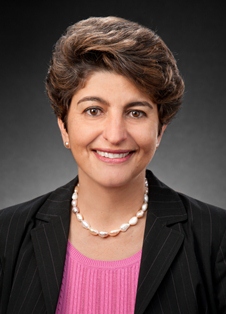
The Federal Employee of the Year Medal is presented by the nonprofit Partnership for Public Service and recognizes annually a federal employee whose professional contributions exemplify the highest attributes of public service. The Sammies have earned a reputation as one of the most prestigious awards dedicated to honoring America’s civil servants.
“It feels wonderful to get this award, for a job I love doing and where I feel I can make a major difference in people’s lives, but it’s been a huge team effort as well,” said Dr. Hajjeh “None of this could be accomplished without the support of my team members and all our partners.”
In 2005, Dr. Hajjeh became director of the Hib Initiative, a consortium of four organizations funded by the GAVI Alliance, a public–private global health partnership. She completed her residency in internal medicine and infectious diseases at Emory University in Atlanta. A 21-year employee of the federal government, she first fell in love with public health during her training at the CDC as an Epidemic Intelligence Service officer.
“With clinical medicine you have a patient, you treat them, they improve, and it’s a relatively instant reward. But in public health, you have to be patient, because the reward involves providing services to a large group of people and it takes time,” she said. “We all go into medicine thinking we will save lives, but you really do it on a large scale when you are working on interventions at the population level—especially in many of the developing countries.”
The Hib bacterium, first described in 1892, is a cause of serious bacterial infections, including meningitis and pneumonia. Pneumonia continues to be the number one cause of child mortality globally, and these deaths can be largely prevented by Hib and pneumococcal vaccines. The diseases with which Hib is associated typically occur in children younger than five years of age and are transmitted through coughing and sneezing.
The Hib Initiative officially ended March 20, 2014, but its lessons have propelled Dr. Hajjeh into a number of new projects. Recently she helped her CDC team to secure a grant to investigate the impact of a meningitis vaccine now being deployed in sub-Saharan Africa. Dr Hajjeh continues to work with CDC colleagues and other partners on many additional new vaccines that prevent pneumonia and diarrhea, in order to further reduce the number of child deaths globally. In addition, she has contributed to most global outbreak responses that CDC has supported, including the recent MERS outbreak. Dr. Hajjeh contributed to CDC’s many efforts that work with domestic and international partners to improve public health around the world and keep U.S. borders safe.

















